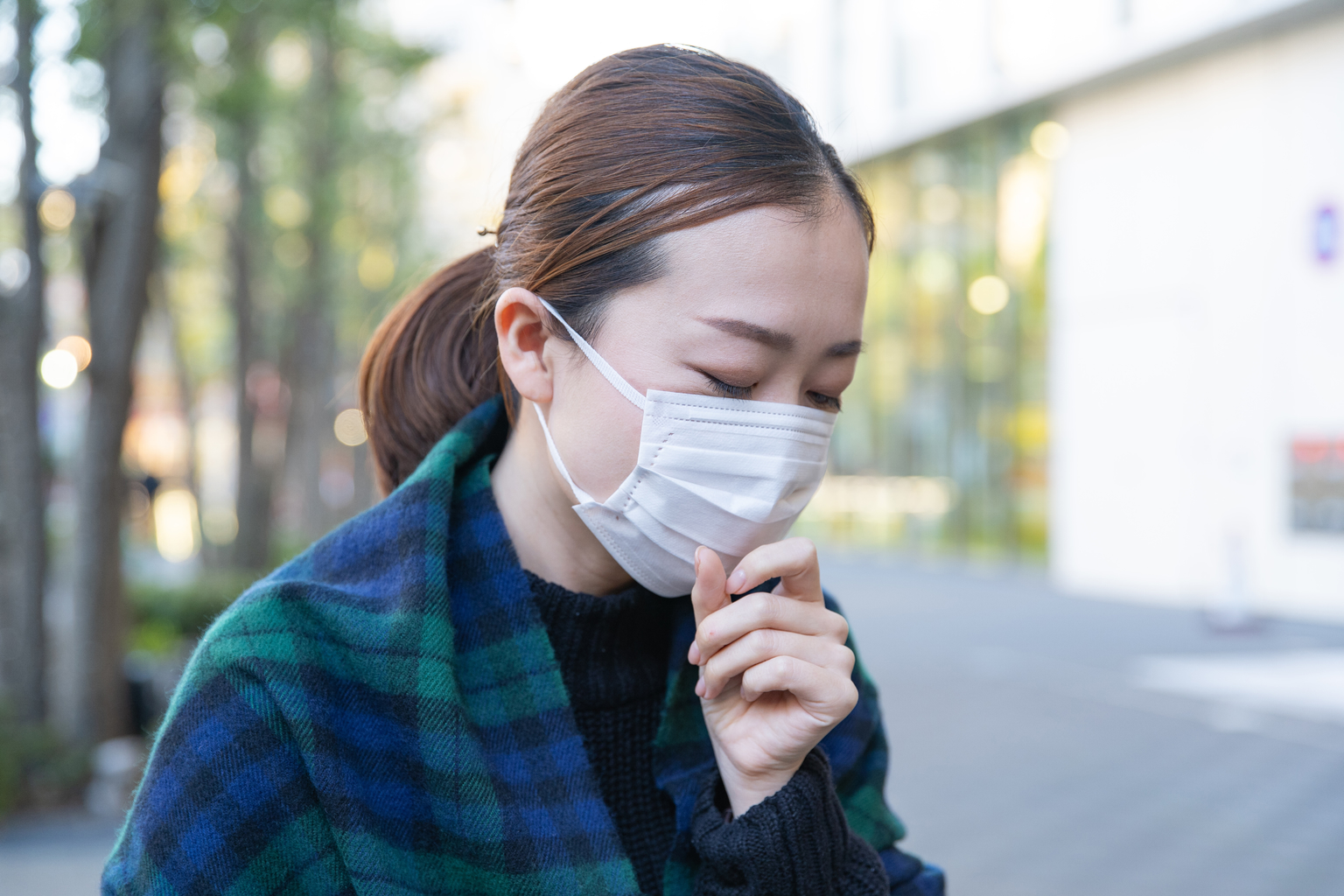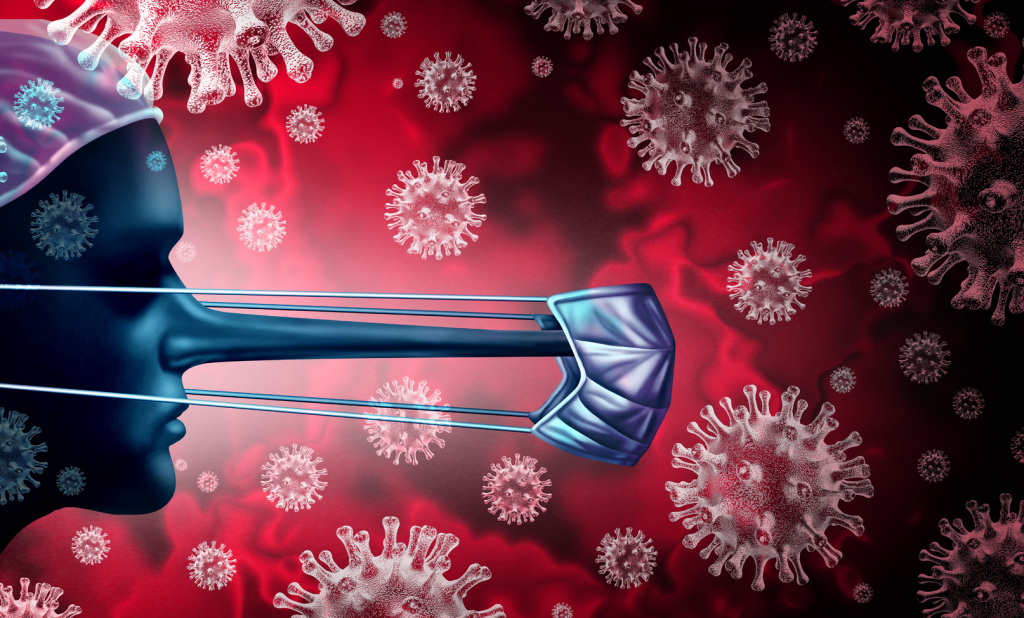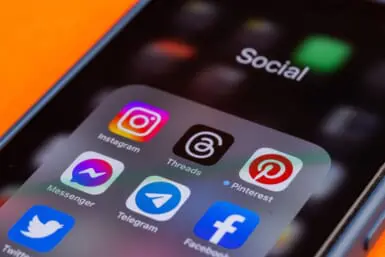Online coronavirus updates are a constant stream, with reliable sources, particularly in Japan, becoming harder and harder to find.
Be it Twitter, Facebook or Instagram, it seems to be impossible to open any kind of social media without stumbling onto some blog post about how gargling saltwater or vinegar will cure you of that pesky coronavirus. Although social media companies are trying their best to combat the spread of false information there are still a few cases of said information going viral in Japan.
In order to make navigating your social media a little easier, here is a simple list of coronavirus prevention methods and some false information that were swept up by Japanese netizens.
https://twitter.com/TwitterSafety/status/1240418439870607361?ref_src=twsrc%5Etfw
Wash Your Hands
Wash your hands with warm water and soap for 20 seconds. That’s it, nothing more to be said. There is a strange phenomenon I often see in men’s bathrooms in Japan. I call it the two-finger method. This horrendous handwashing technique is a quick flash of water on the tips of two fingers before a hasty retreat out of the facilities.
Please remember that even if your bag is filled to the brim with loose hand sanitizer only by washing your hands with soap and warm water can you effectively rid yourself of any bacteria or virus that may linger on your hands. Even world-renowned chef Gordon Ramsey jumped into the arena to share proper handwashing methods.
One of the most important things during the #coronavirus pandemic is to wash your hands ! Here’s how I do it and remember to keep washing and stay safe out there….Please always follow the advice of your nation’s health authorities during these times. Thinking of everyone Gx pic.twitter.com/YMW7oCkGix
— Gordon Ramsay (@GordonRamsay) March 16, 2020
Don’t Overuse Hand Sanitizer
While hand sanitizer does kill germs, overuse has a negative effect on the skin, drying it out and eventually leading to cracks, which makes it easier for germs to enter the body. If you find yourself on a particularly horrible JR train ride and a dab of hand sanitizer is essential for your health then, of course, there is no issue there, but just be sure not to overuse it.
With the trains in Tokyo packed door to door during the morning rush hour, it may be beneficial to wash your hands the moment you enter your place of work. While the coronavirus can’t enter the body through your hands, it can through your eyes, mouth and other orifices. Washing your hands for 20 seconds is still a surefire way to get rid of all lingering germs that may be lingering on your fingertips.
 maruco/Shutterstock
maruco/Shutterstock
Wear a Mask?
If you’re sick or have coronavirus symptoms you should stay home. But if you have no choice but to leave the house, wear a mask. For those bulk-buying masks and hiding masks away in the depths of your apartments, you may actually be creating more of a problem than you are solving.
Face masks are not 100% effective at blocking the virus from entering your system especially since, as reported by Medicom, a lot of Japanese citizens are wearing their masks incorrectly. A study found that coronavirus can survive outside of the body on plastic and stainless steel for 72 hours and cardboard for 24 hours, so an infected person sneezing on the trains without a mask will be more detrimental to your health than anything else.
CDC: how many times did you touch your face today?
— JRR Jokien (@joshcarlosjosh) February 29, 2020
Don’t Touch Your Face
Not touching your face is one thing, but also try and limit your touching of random objects, as the coronavirus can survive up to 72 hours on certain materials, bus and train handrails. Even handshakes and hugs are risky.
With people reusing masks in order to stretch their supply out, and Japan still not taking this global pandemic as seriously as they should, one should do everything within their power to stop the spread of this virus, even something as simple as making a conscious effort to not touch their face.
VIDEO: Japanese head out to see cherry blossoms, gather in parks to drink and eat despite warnings over #coronavirus and social distancing pic.twitter.com/EO14nLaJEf
— AFP News Agency (@AFP) March 23, 2020
Social Distancing
A somewhat new term but very self-explanatory, for the next few weeks it may be best to distance yourself from society. It can seem a little extreme, but not going to that hot yoga class you had planned or limiting your trips to the local izakaya for the next few weeks will lessen the chance of the virus spreading which would be beneficial to the health of the nation.
Tokyo seems to be rejecting the idea of social distancing with hanami festivals and events still being held. You only need to look towards Italy to see where this continued trend will eventually lead. For those working at companies that allow for remote work, it may be the time to implement this strategy and start avoiding the Tokyo trains.
トイレットペーパーは、生産活動も平常通りですし、在庫もあります。
買い占めはしないでください。 pic.twitter.com/z6YvBhBtv2— 松村尚和(Hisakazu Matsumura) (@matsuhis1) March 1, 2020
Internet Trolls
There are hundreds of internet trolls currently using the coronavirus panic to spread false information. Some of these trolls are doing it for internet fame and others for the fun of it. Either way, false information can have a negative impact on society.
In Japan, one of the most impactful rumors was that toilet paper was shipped from China and thus a shortage was imminent causing mass panic with people hoarding the toilet paper like gold. This resulted in Japanese toilet paper manufacturers showing their vast stock of toilet paper in hopes of calming the nation.
 Shift Drive / Shutterstock
Shift Drive / Shutterstock
False Information
False information is annoying, to say the least, but it’s not all doom and gloom. Some of the insanity coming from internet trolls and false information peddlers have been laugh-out-loud ridiculous – such as the false reports that drinking alcohol stops the coronavirus, leading netizens to joke about buying the convenience store out of Strong Zero – a 9% alcoholic beverage.
Q: If drinking water alleviates a sore throat, does this also protect against #2019nCoV infection?
A: While staying hydrated by drinking water is important for overall health, it does not prevent coronavirus infection. pic.twitter.com/AWb1wK89Wj
— World Health Organization Philippines (@WHOPhilippines) February 8, 2020
It can be difficult to avoid the waves of false information drifting around the social media seas, but for those wanting to keep themselves informed on the coronavirus outbreak check reputable sources, such as the Center for Disease Control. The Japan Times recently removed their live update page from behind their paywall.
For even more information, the World Health Organization has a helpful myth buster page about the coronavirus.
Featured Image: Lightspring / Shutterstock









